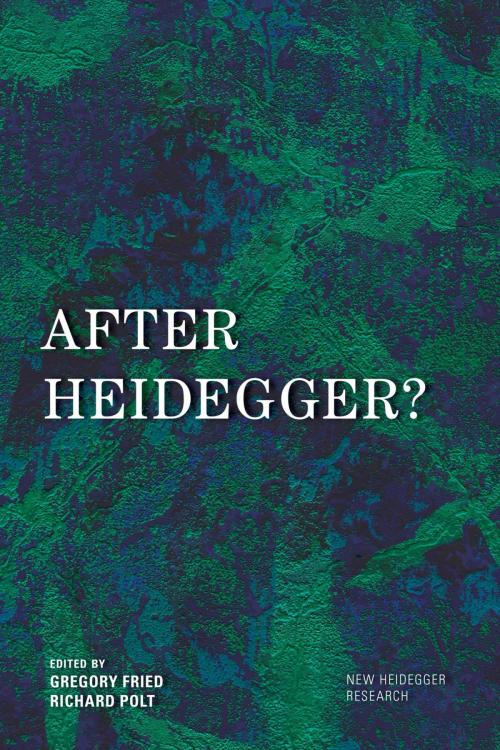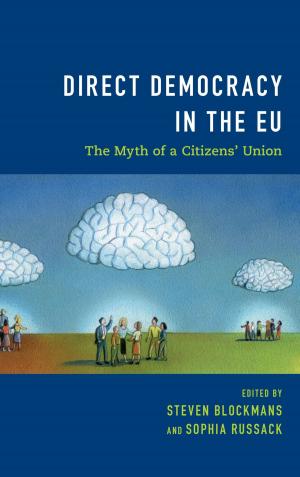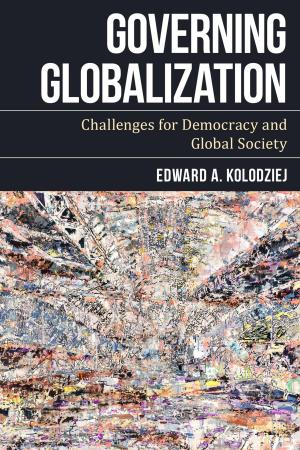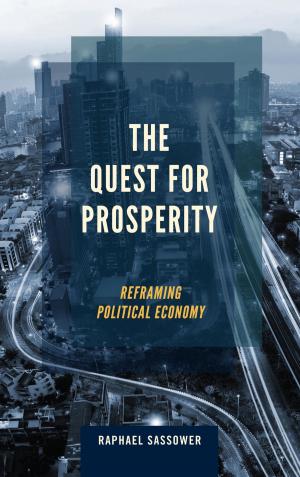| Author: | ISBN: | 9781786604873 | |
| Publisher: | Rowman & Littlefield International | Publication: | November 8, 2017 |
| Imprint: | Rowman & Littlefield International | Language: | English |
| Author: | |
| ISBN: | 9781786604873 |
| Publisher: | Rowman & Littlefield International |
| Publication: | November 8, 2017 |
| Imprint: | Rowman & Littlefield International |
| Language: | English |
This unique volume collects more than 30 new essays by prominent scholars on what remains philosophically provocative in Heidegger’s thought. His writings continue to invite analysis and application — ut, particularly in the light of his political affiliations, they must also be critiqued. Philosophy today takes place after Heidegger in that his views should not be accepted naively, and there are new issues that he did not address — but also in that we continue to think in the wake of important questions that he raised.
The contributors to this volume ask questions such as:
- What does it mean to think “after” Heidegger?
- What is valuable in his early work on finite existence, and in his early and late phenomenology?
- What is the root of his political errors? Are there still elements in his thought that can yield helpful political insights?
- Should we emulate his turn toward “releasement”?
- Can he help us understand the postmodern condition?
Readers will find thought-provoking echoes and points of contention among these engaging and lively essays.
This unique volume collects more than 30 new essays by prominent scholars on what remains philosophically provocative in Heidegger’s thought. His writings continue to invite analysis and application — ut, particularly in the light of his political affiliations, they must also be critiqued. Philosophy today takes place after Heidegger in that his views should not be accepted naively, and there are new issues that he did not address — but also in that we continue to think in the wake of important questions that he raised.
The contributors to this volume ask questions such as:
- What does it mean to think “after” Heidegger?
- What is valuable in his early work on finite existence, and in his early and late phenomenology?
- What is the root of his political errors? Are there still elements in his thought that can yield helpful political insights?
- Should we emulate his turn toward “releasement”?
- Can he help us understand the postmodern condition?
Readers will find thought-provoking echoes and points of contention among these engaging and lively essays.















